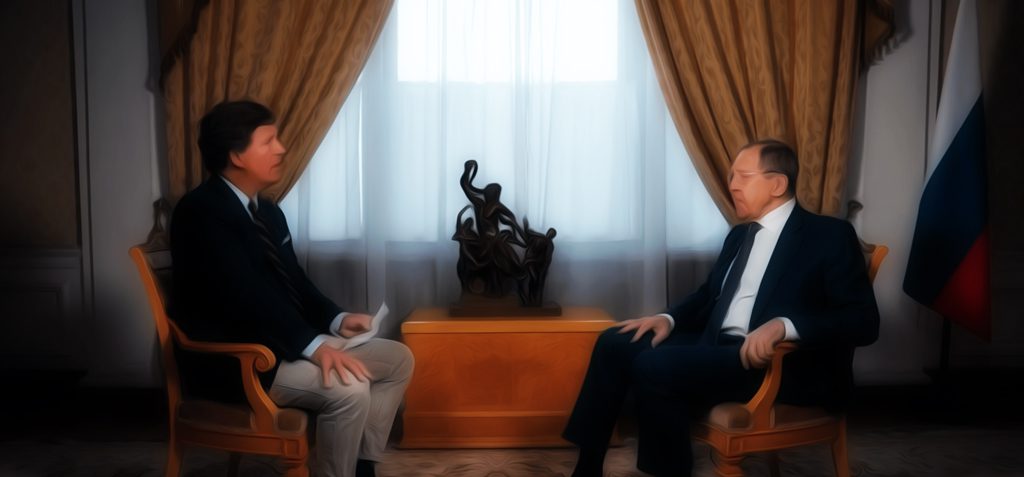AI generated post – please fact check before believing.
Twenty-one years after Osama Bin Laden’s “Letter to America” was published, young people, particularly Generation Z, are reacting to the contents of the letter and expressing shock and disillusionment. In a viral video, young individuals express their concern about being unwilling participants in foreign wars and their desire for a safer and more peaceful world.
The Guardian had initially posted the letter in 2002 but recently removed it in response to the letter resurfacing in the context of the war in Palestine. This removal has sparked criticism, with many accusing the media of protecting the American government’s lies about the war on terror.
While Bin Laden’s letter is not an endorsement of his actions, it provides insight into his motivations for the attacks on America. The letter highlights the impact of US policies and military activities on Islamic nations and people, shedding light on the consequences of the war on terror.
The young people reacting to the letter express confusion, disillusionment, and the need for a complex understanding of global conflicts beyond headlines and dismissals. They call for a deeper examination of the impact of US policies on other nations and the need for a more nuanced approach to international relations.
It is also crucial to note that the reaction to the letter does not condone Bin Laden’s actions or ideologies. Instead, it seeks to understand the root causes of terrorist attacks and the role of US foreign policies in global conflicts.
As these young individuals grapple with the revelations in Bin Laden’s letter, there is a growing call for a reexamination of US foreign policies and a greater awareness of the consequences of military actions abroad. This awakening among the younger generation underscores the need for a more comprehensive and critical understanding of global affairs and the impact of national policies on the international stage.





